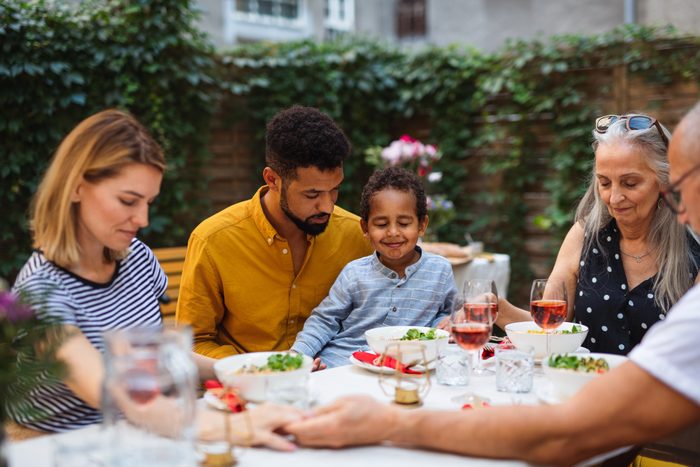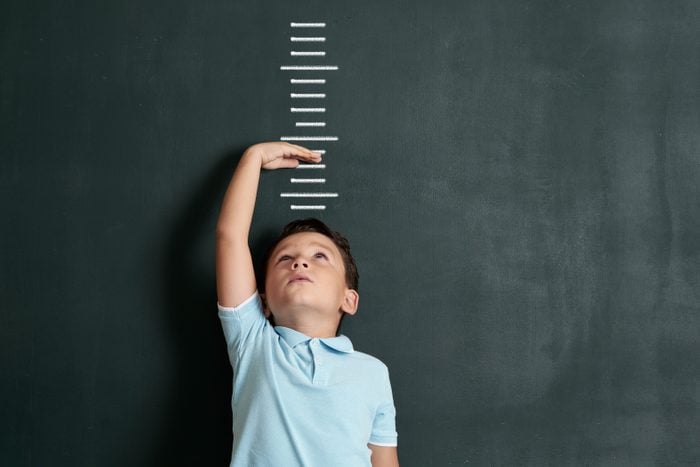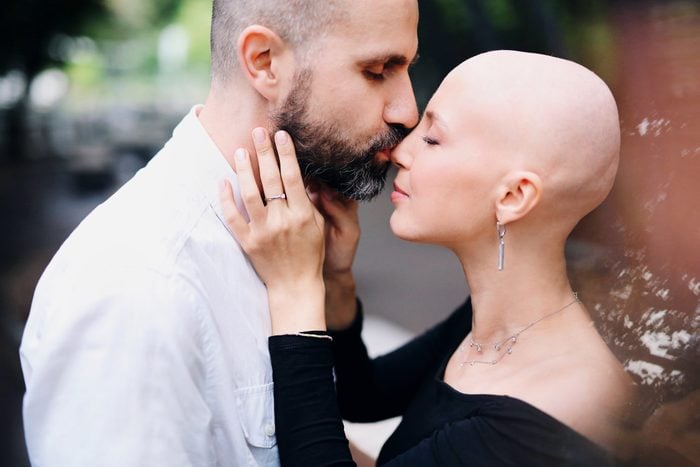
Contrary to the old wives’ tale, opposites might not attract after all. A comprehensive analysis from researchers at the University of Colorado has sifted through over 130 traits of millions of couples spanning a century—and it will make you think about your relationship. The research challenges the age-old notion that differences are the spice of romantic life.
Published in the peer-reviewed journal Nature Human Behaviour in August 2023, this analysis sheds a fascinating light on relationships. In an overwhelming 82% to 89% of traits—from political inclinations to lifestyle choices—partners showed striking similarities. On the flip side, only 3% of traits showed any tendency for opposites to come together.
Beyond just the understanding of love and relationships, these findings have significant ripple effects in genetic research. Matthew Keller, PhD is the senior author of the study and serves as director and professor at the Institute for Behavioral Genetics, Psychology & Neuroscience at the University of Colorado Boulder. As Dr. Keller points out, many genetic models previously believed human mating to be random—but this study? It suggests we seek out some characteristics in a partner very much by design.

1. Political and religious beliefs
Tanya Horwitz, the study’s first author and a doctoral candidate at the Department of Psychology and Neuroscience and Institute for Behavioral Genetics at CU Boulder, states in a news release, “Birds of a feather are indeed more likely to flock together.”
These days, it may not be shocking that shared beliefs around politics and religion were found to be one of the biggest indicators that a relationship can go the distance.

2. Education levels and IQ scores
Here’s a thought-provoker: Your education level dictates your need for intellectual stimulation. Increasingly, individuals in the U.S. are finding partners with similar educational background.
While that seems like a no-brainer, this pattern could potentially amplify socioeconomic differences in the long run.
“Am I Smart?” 8 Scientific Cues That Signal Intelligence, from Neuroscientists

3. Height
Does size really matter? Well, in terms of height, it might. According to Horwitz, if shorter individuals primarily choose partners of similar stature and taller folks do the same, the next generation might see more pronounced height differences—and it doesn’t stop at height. This pattern could apply to various inheritable traits, from medical predispositions to personality quirks.
5 Traits You Didn’t Know You Inherit from Mom (and 4 You Inherit from Dad)

4. Attitudes toward substances
How you relate to substances like alcohol and tobacco can significantly influence your romantic choices. The study found a clear pattern: Heavy smokers, dedicated drinkers, and those who abstain entirely often pair up with those who share their habits.
This Is the Alcoholic Drink Tha’s Least Harmful to Your Liver, Says a Liver Doctor

5. Birth year
It might seem self-explanatory, but your birth year stands out as a beacon of compatibility. Couples frequently find partners that match their own emotional maturity level, perhaps reflecting shared generational experiences and values. (Who doesn’t love sharing a taste for the same era of music?!)

Other noteworthy findings
The research didn’t stop at the obvious—it also touched on less common aspects of compatibility. Factors such as one’s number of past romantic partners or even early-life experiences like being breastfed were found to influence partner choices, albeit to a lesser degree. Certain personality traits, like neuroticism, displayed minimal, yet positive, correlations.
Interestingly, the findings blur when it comes to being outgoing or reserved. Horwitz comments, “People have all these theories that extroverts like introverts or extroverts like other extroverts, but the fact of the matter is that it’s about like flipping a coin: Extroverts are similarly likely to end up with extroverts as with introverts.”
While the evidence overwhelmingly suggests that similarities dominate romantic choices, there are exceptions. For instance, certain traits like sleep patterns (being a morning person versus a night owl) and anxiety levels hinted at potential opposites attracting. Still, the correlation was weak and calls for further research.
20 Relationship Communication Quotes to Strengthen Your Love

The bottom line
As you think about your personal relationships and choices, Horwitz provides a compelling thought: “These findings suggest that even in situations where we feel like we have a choice about our relationships, there may be mechanisms happening behind the scenes of which we aren’t fully aware.” Relationships are a complex web of shared backgrounds, mutual attractions…and sometimes, couples growing more alike over time.
This study also highlights that the intensity of trait similarities can differ based on regions, and can evolve over generations. While the researchers caution against overemphasizing these findings or using them for biased motives, they hope to inspire a broader spectrum of research across various fields. As Horwitz says: “We’re hoping people can use this data to do their own analyses and learn more about how and why people end up in the relationships they do.”
For more wellness updates, subscribe to The Healthy @Reader’s Digest newsletter and follow The Healthy on Facebook and Instagram. Keep reading:
